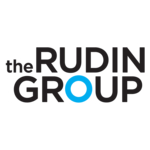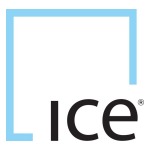US T+2 migration guidance published
An “Implementation Playbook” detailing the timeline, milestones and dependencies involved in migrating the US equities, fixed income and unit trust markets to a two-day settlement cycle has been published by the T+2 Industry Steering Committee.



































































